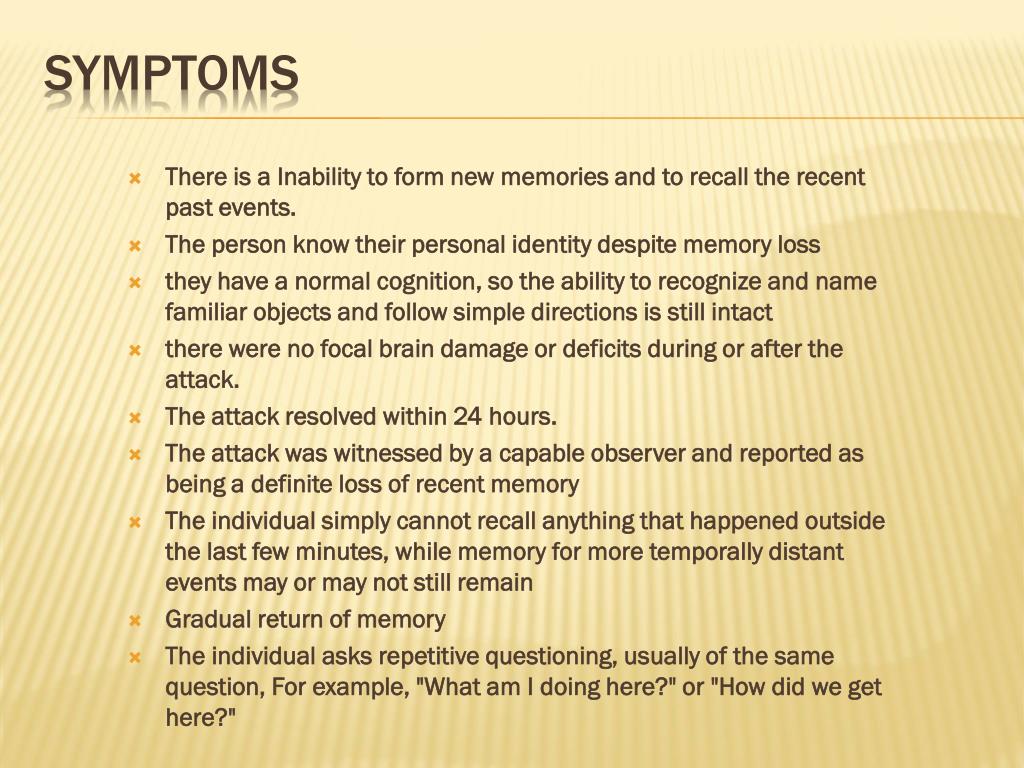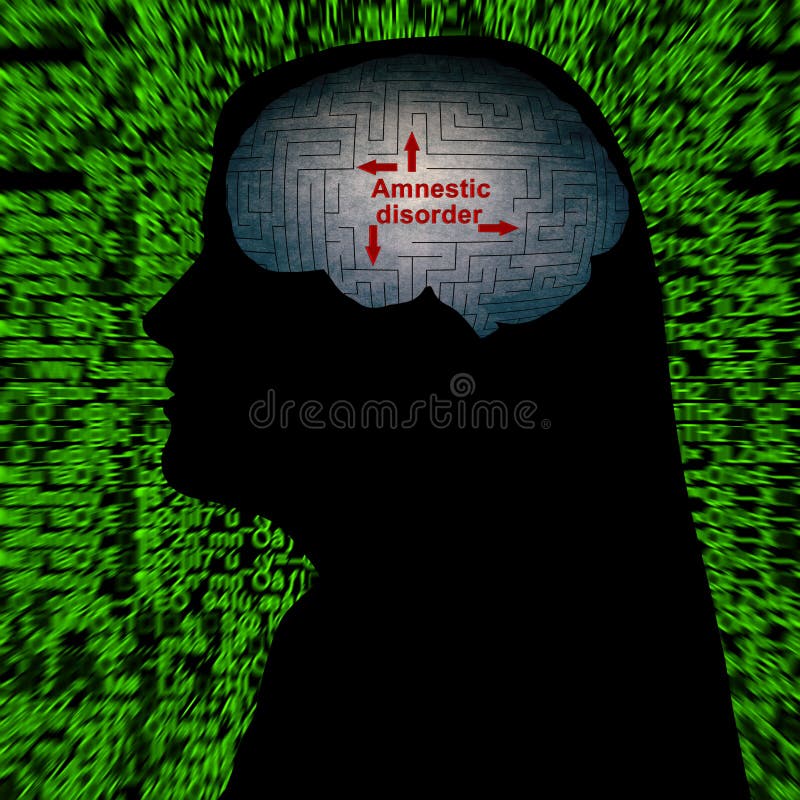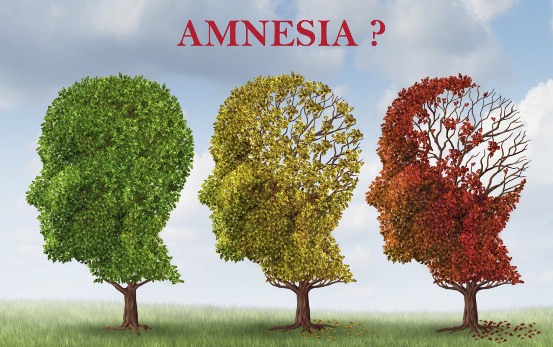
Most people do not have more than two occurrences of such episodes of memory loss. Therefore, there is no specific treatment option for this disease. Usually, the symptoms of Transient Global Amnesia resolve within 24 hours. What are the treatment options available for Transient Global Amnesia? Apart from that Valsalva manoeuvre and sudden immersion in cold and hot water, sudden exposure to high altitude and mild head trauma can cause Transient Global Amnesia. Sexual intercourse and physical exertion are also few notable triggers that can be avoided for some time unless the person is medically fit. Psychological and emotional stress can produce harmful chemicals in the brain that can cause sudden memory loss. Some triggers can cause this memory loss, and by avoiding those triggers, it is possible to prevent the second episode of Transient Global Amnesia. However, once the person has witnessed it, there are chances that they can experience the second episode of memory loss too. Now, it is not possible to prevent the first episode of Transient Global Amnesia in any way. Is it Possible to prevent Transient Global Amnesia? Only after performing neurological tests and brain exams can the doctor be sure about the diagnosis. It can be frightening and cause severe emotional distress.


However, it can be daunting if the progress does not happen as fast as expected.

It is not a very serious condition because people start remembering things after a few hours.

In this condition, the individual doesn’t recall the recent past. Transient Global Amnesia happens to people in middle and old age. Overview and definition of Transient Global Amnesia In addition, you may not remember anything about what’s happening in the here and now. During an episode of transient global amnesia, your recall of recent events simply vanishes, so you can’t remember where you are or how you got there. Transient global amnesia is a sudden, temporary episode of memory loss that cannot be attributed to a more common neurological condition, such as epilepsy or stroke.


 0 kommentar(er)
0 kommentar(er)
